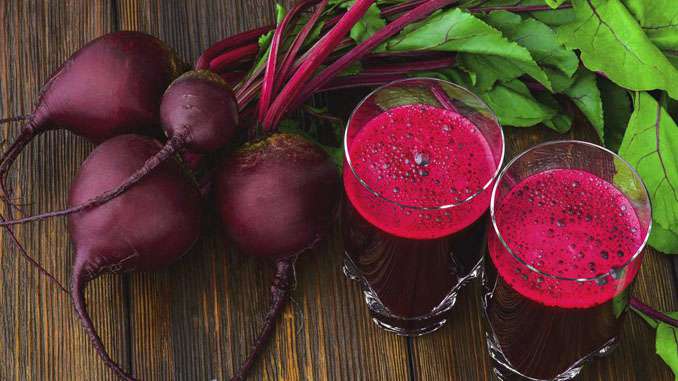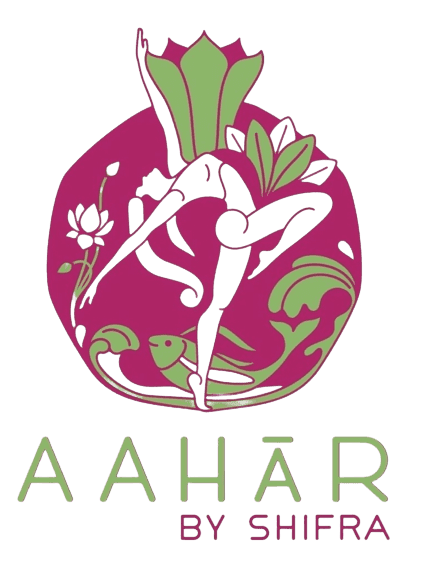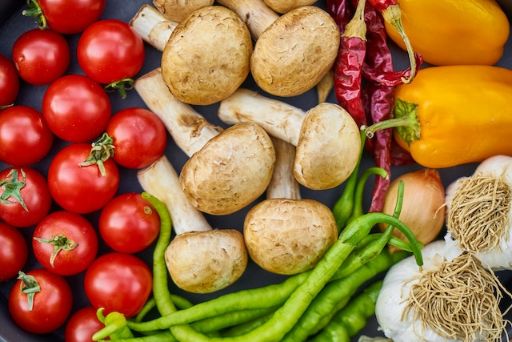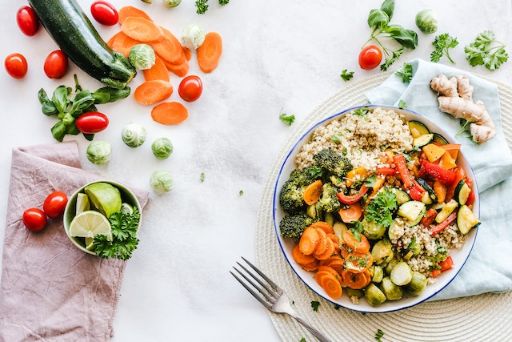Move over L-Arginine, Beetroots are here to stay!
There has been an increased buzz about nitrates in the field of endurance sports. Let’s dwell further into more natural ways of attaining this Nitro boost-
Shaving off minutes from your previous timing, edging ahead of your competitors, and breaking records is something that novice and elite athletes alike aim towards. Everyone desires to better themselves with each competition, but for doing so, athletes are getting drawn towards supplements.
It’s time to BEET supplements! Why ingest harmful chemicals when the same results can be achieved with a natural source? We’re totally on board with beetroots gaining an increased attention as performance boosters for endurance sports!
How does it work?
Beetroot juice works very well for endurance athletes because It is rich in inorganic nitrate (NO3–). On consumption NO3– gets converted to NO2– by anaerobic bacteria present in the mouth. NO2– is further broken down to NO in the stomach. Nitric oxide (NO) is responsible for the various physiological mechanisms which influence oxygen uptake.
BEETROOT FOR ENDURANCE
1) Vasodilation- increase in the blood supply to the working muscles.
2) Increased production of energy in the mitochondria.
3) Increased power because of increased muscle contraction and relaxation.
4) Decreased VO2 Max which allows the activity being continued for a longer time.
How much is needed?
The vasodilatory effect of beetroot juice is at its peak within 2-3 hours of consumption. For its ergogenic effects to be observed 500 ml of beetroot juice should be consumed 90 mins prior to the endurance activity. Elite athletes require a slightly higher dose for significant effects to be seen.
Care should be taken not to supplement beetroot juice with caffeine (in the form of supplements or just coffee). Since caffeine majorly targets the anaerobic metabolic system through the stimulation of the Central Nervous System it tends to act antagonistically with beetroot juice.
Not an elite endurance athlete? No problem!

A study conducted on physically active but not highly trained subjects evaluated the effects of acute (short-term) and chronic (long-term-15 days) effects of beetroot juice supplementation.
The study concluded that the consumption of inorganic nitrate through beetroot juice resulted in decreased oxygen consumption at submaximal levels. According to the study, the effects of beetroot juice supplementation can last for 15 days. So, whether you an amateur marathon runner looking to run your first 5km or a triathlete looking to compete in your first half ironman, beetroot juice will have the same effects on you as well!
Beetroots are nutrient dense because of being rich in Folate, Fibre, Potassium, and Manganese. This is the one vegetable that one must include in their diet. Apart from performance enhancing functions, beetroot also has therapeutic functions
Betalain pigment present in beetroot acts as an antioxidant and an anti-inflammatory agent. It has been shown in several studies that it protects cellular components against cellular damage caused by free radicals. It also protects DNA, lipid and protein structures in the body against oxidation. It works as an anti-inflammatory agent as it blocks some of the pro-inflammatory enzymes from starting cascading reactions and amplifying inflammatory responses. Beetroot can thus be used as a nutritional intervention in diseases occurring due to an increase in the oxidative stress and inflammation.
Betalain due to its antioxidant and anti-inflammatory properties prevent diseases such as-
1) Cancer and Tumors
2) Heart Diseases such as Hypertension, Atherosclerosis and myocardial ischemia.
3) Liver diseases and fatty liver.
Whether you are an endurance athlete or not, beetroots can give you the natural boost that you need to improve your athletic performance and overall health. Moreover, beetroots are so easy to incorporate into one’s diet. They can be added to your sandwiches, wraps, salads or yogurt even! So, how do you feel about kickstarting your day with a big nutritious beet?
References-
- Domínguez, R., Cuenca, E., Maté-Muñoz, J., García-Fernández, P., Serra-Paya, N., & Estevan, M. et al. (2017). Effects of Beetroot Juice Supplementation on Cardiorespiratory Endurance in Athletes. A Systematic Review. Nutrients, 9(1), 43. doi: 10.3390/nu9010043
- Clifford, T., Howatson, G., West, D., & Stevenson, E. (2015). The Potential Benefits of Red Beetroot Supplementation in Health and Disease. Nutrients, 7(4), 2801-2822. doi: 10.3390/nu7042801




